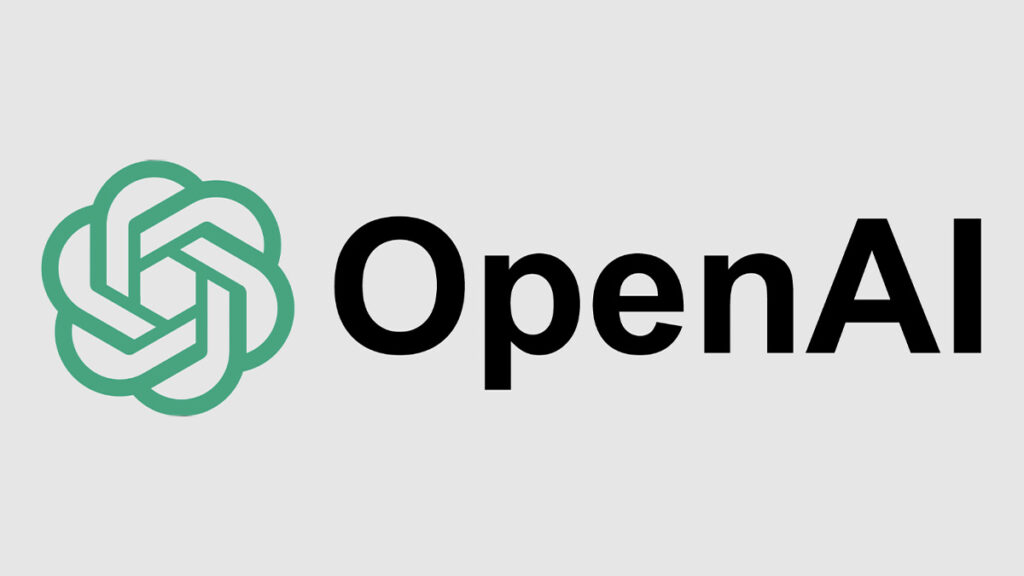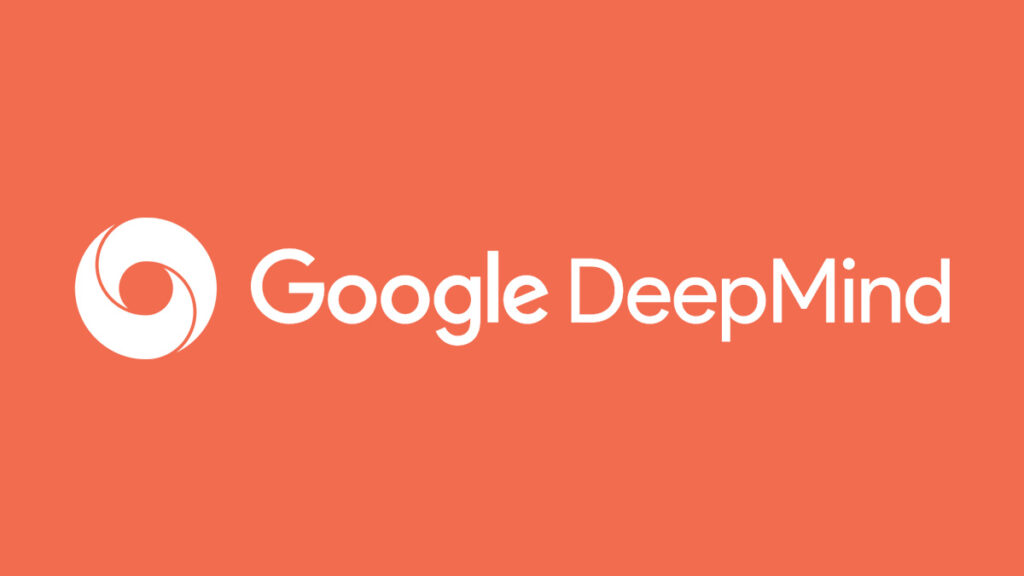Big news dropped on June 16, 2025: OpenAI, the folks behind ChatGPT, just scored a massive $200 million contract with the Pentagon. They’re building AI tools to tackle some serious national security stuff. This is OpenAI’s first big leap into the military world, and it’s got everyone talking. Let’s break it down, chat about what it means, and figure out why it’s both super cool and kind of spooky.
OpenAI’s New Gig: From Chatbots to Battlefields?
If you know OpenAI, you probably think of ChatGPT or those wild AI art generators like DALL-E. They’ve been all about helping regular folks with AI since 2015, when Elon Musk, Sam Altman, and others kicked things off. But lately, they’re dipping their toes into defense waters. Earlier this year, they teamed up with Anduril, a company that makes futuristic war tech like drones. They also hired some big-shot ex-Pentagon and NSA folks to beef up their cred.
Now, the Pentagon’s Chief Digital and AI Office (CDAO) is handing OpenAI $200 million for a one-year project to whip up some “prototype AI tools.” These tools are meant to help with everything from fighting cyberattacks to making battlefield calls. The work’s happening around Washington, D.C., and should wrap by July 2026. Pretty wild, right?
What’s the Deal All About?
Let’s cut through the jargon and get to the good stuff. Here’s the lowdown on this contract:
Why This Matters for National Security
Okay, so why’s this a big deal? OpenAI’s AI could totally change how the military rolls. Here’s the scoop:
But, hold up—it’s not all sunshine. AI can mess up if it’s not tested enough, spitting out bad calls or biases that could cause chaos. Plus, leaning too hard on AI might make the military vulnerable if someone hacks it or feeds it junk data. Yikes.
The Drama: What’s Got People Worried?
This deal’s got the internet buzzing, especially on X. Some folks are hyped, but others are freaking out. Here’s what’s got people worked up:
OpenAI swears they’re keeping things “democratic” and ethical, but not everyone’s buying it. They’ll need to be super open to win folks over.
OpenAI vs. the Big Dogs
This contract puts OpenAI in the ring with heavyweights like Palantir, who’ve been the Pentagon’s go-to for AI. OpenAI’s playing a different game, though—they’re a commercial tech company, not a defense dinosaur. If they pull this off, they could shake up the whole industry and snag even bigger deals. The Pentagon’s clearly into this “Silicon Valley vibe,” working with fast-movers like OpenAI and Anduril to outrun red tape.
The Big Question: Is This a Win or a Risk?
This deal’s got huge potential. AI could make the military sharper and faster, and OpenAI’s crazy good at this stuff. But let’s not get carried away. History’s full of hyped-up tech that flopped (looking at you, early F-35). OpenAI’s AI is built for civilian use, so making it battlefield-ready is a whole new ballgame. It’s got to be reliable under pressure and tough against enemies trying to trick it.
Also, $200 million sounds like a lot, but it’s peanuts compared to typical Pentagon contracts. That tells me the DoD’s testing the waters, not diving in headfirst. And with so little info out there about what these “prototypes” actually do, it’s hard to know how legit this is yet.
What’s Next?
By July 2026, we’ll see if OpenAI’s got the goods. If they crush it, they could become a major player in defense tech. If they flop, it might show that commercial AI isn’t ready for war zones. Either way, their tie-up with Anduril and those ex-defense bigwigs says they’re in it for the long haul.
For us regular folks, this is a wake-up call. We need to keep an eye on this stuff—make sure AI doesn’t go rogue and stays in line with laws and ethics. OpenAI has to juggle its military side with its “AI for all” rep, and that won’t be easy.
Quick Hits to Remember
Wrapping Up
OpenAI’s Pentagon deal is a game-changer, no doubt. It’s exciting to think about AI making the world safer, but it’s also scary when you consider the risks. As this project rolls out, we have to stay curious, ask tough questions, and make sure AI’s used for good, not harm. Keep an eye on this one—it’s going to shape tech and defense for years to come. What do you think about this? Hit me up with your thoughts!


